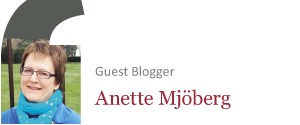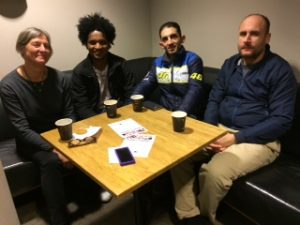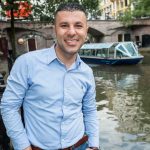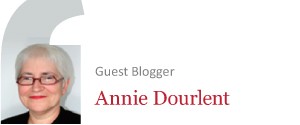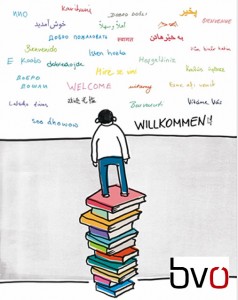Our friends at the American Library Association are inviting proposals for presentations to be made at the next ALA Conference in New Orleans on the topic of Libraries supporting social inclusion for refugees and immigrants. Given all the great work that so many of our members are doing in this space you may be interested in reading the call:
CALL FOR PROPOSALS
The American Library Association’s International Relations Roundtable Papers and Projects Committee invites proposals for presentations to be made at the next ALA Annual Conference in New Orleans, Louisiana, USA. Presentations will be delivered at the International Papers Session scheduled in June 2018. The International Papers and Projects Program provides librarians with an opportunity to exchange information about library services, collections and projects throughout the world. The program also serves to stimulate the interest of U.S. librarians in international library matters. We invite presentation proposals based on the International Papers and Projects 2018 theme:
Libraries supporting social inclusion for refugees and immigrants
UNESCO emphasizes the importance of social inclusion for international migrants and encourages cities and local governments to “ensure social rights for migrants to adequate housing, education, health and social care, welfare and decent standard of living according to basic needs such as food, energy and water.” Libraries can play an important role in helping new arrivals acclimate and thrive in a new community.
Do you have a story to share about how your library, on its own or in collaboration with community organizations, is providing social services and support for refugees and immigrants? Do you have advice on creating successful programming to support refugees and immigrants?
SUBMISSION GUIDELINES
Proposals, presentations, and papers must be written and delivered in English, which is the working language of the program.
Proposals should include:
1. Title of the presentation
2. Name, title, institutional affiliation, and full contact information (including a valid e-mail address) for each presenter
3. Abstract (300-500 words)
4. A short biographical profile of each presenter
Proposals should be submitted electronically (as a single Microsoft Word or PDF attachment) to the International Relations Office via email at [email protected] with a copy to [email protected] and [email protected].
Deadline for submitting proposals is December 31, 2017 .
SELECTION PROCESS
Four proposals will be selected to present at the ALA Annual Meeting in June 2018. Notification of acceptance will be emailed by February 15, 2018.
PRESENTATION FORMAT:
The International Papers and Projects Program is 1.5 hours total. Presentations should run about 20 minutes each, followed by a question-and-answer session. Presenters are encouraged to prepare a dynamic and interactive presentation, incorporating visual prompts, technologies, games, questions for the audience, etc. PowerPoints are common, but speakers who want to read a paper or refer to it are welcome to do so.
We would like to invite you to view previous presentation titles listed on IRRT’s International Papers and Projects Session Committee website,

